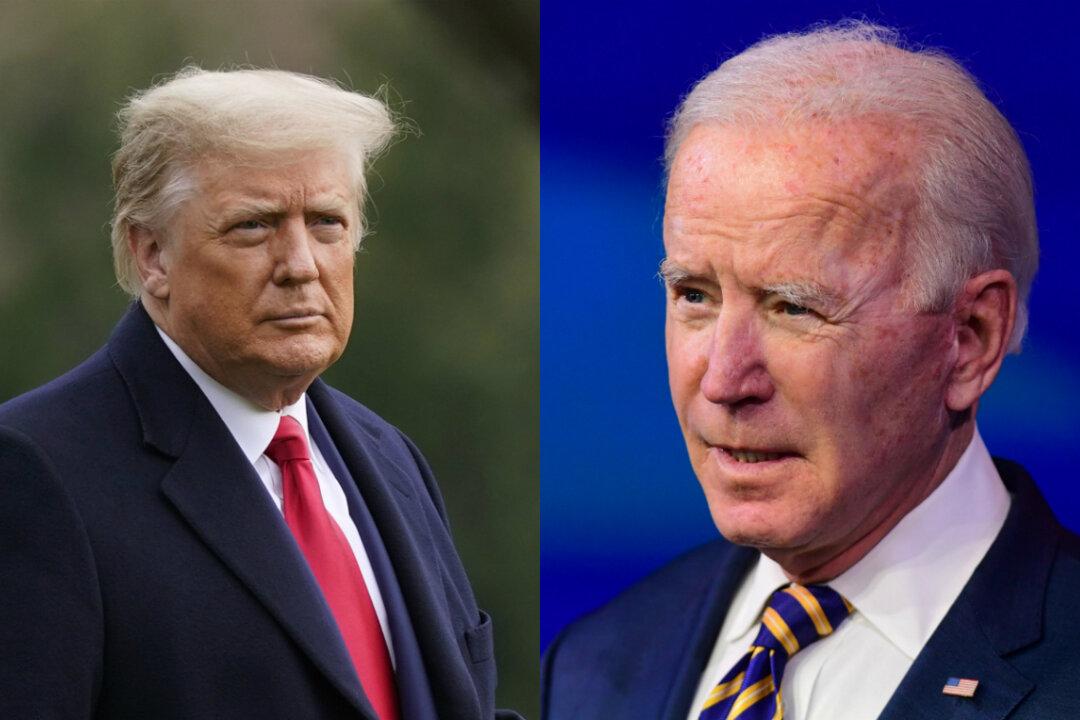President Donald Trump’s campaign adviser Steve Cortes is continuing to highlight irregularities in the election results, saying that it’s extremely rare for a presidential candidate to win in Ohio, Florida, and Iowa and lose the overall race.
Trump won those three battleground states. Former President Richard Nixon, who lost during the 1960 election against former President John F. Kennedy, also won Florida, Ohio, and Iowa, and is the only other candidate to have experienced that in more than 150 years.





